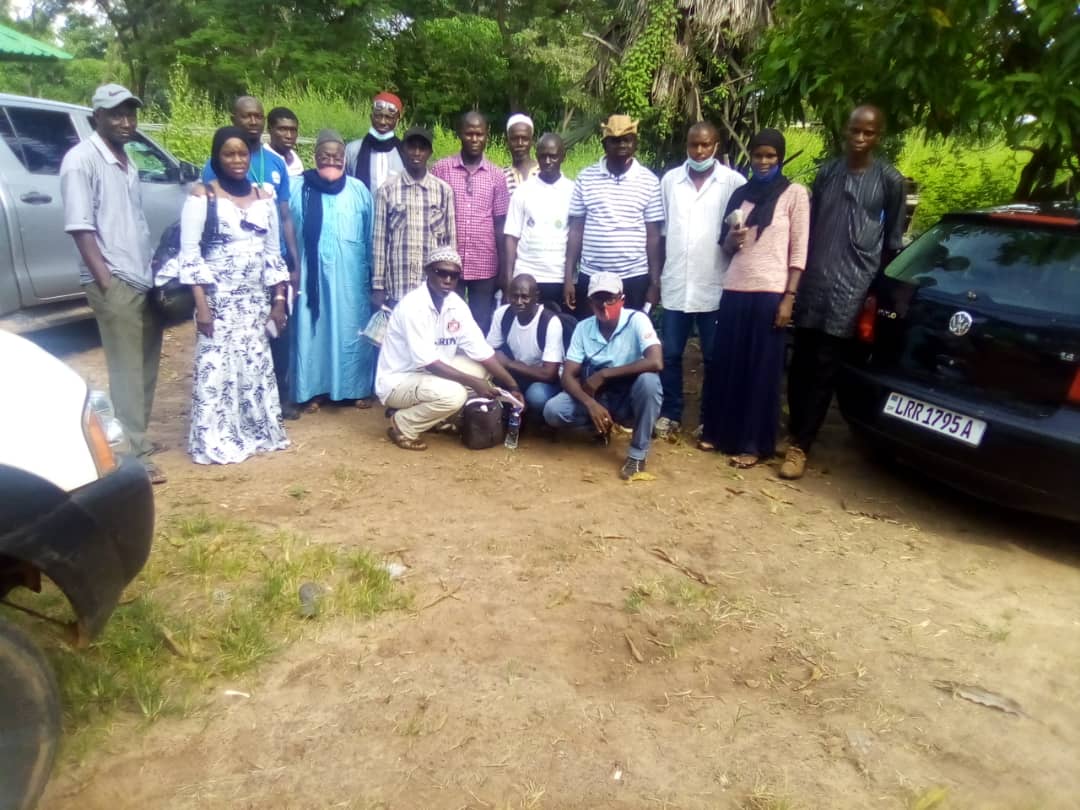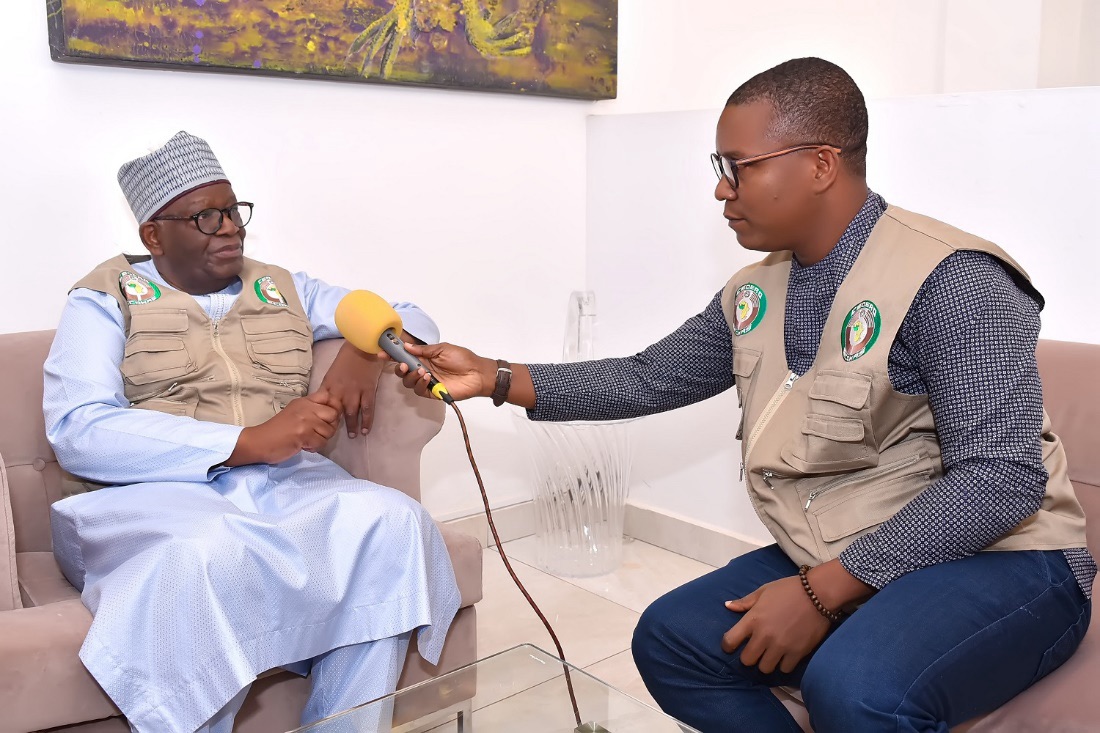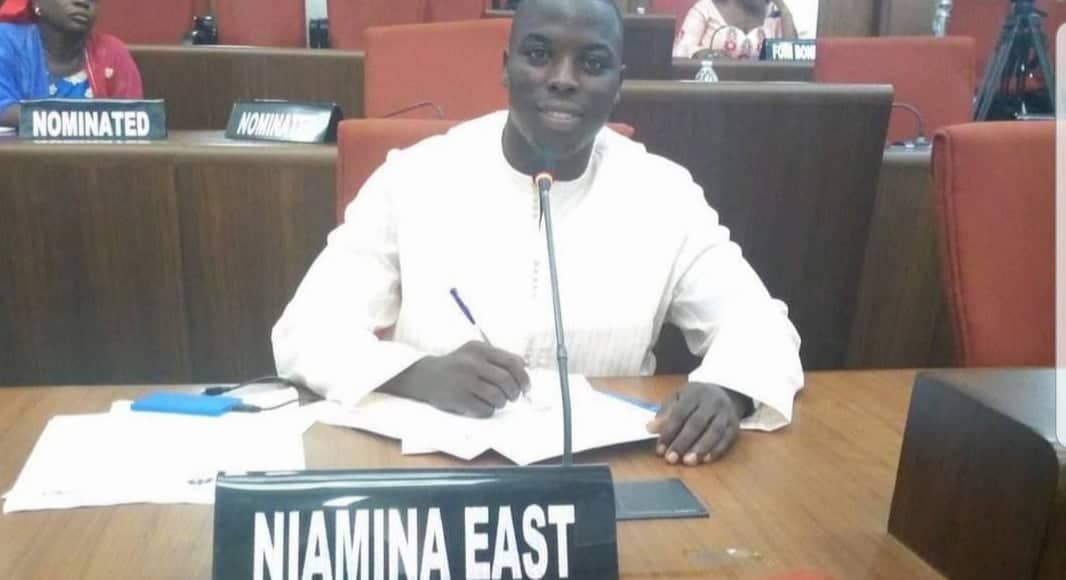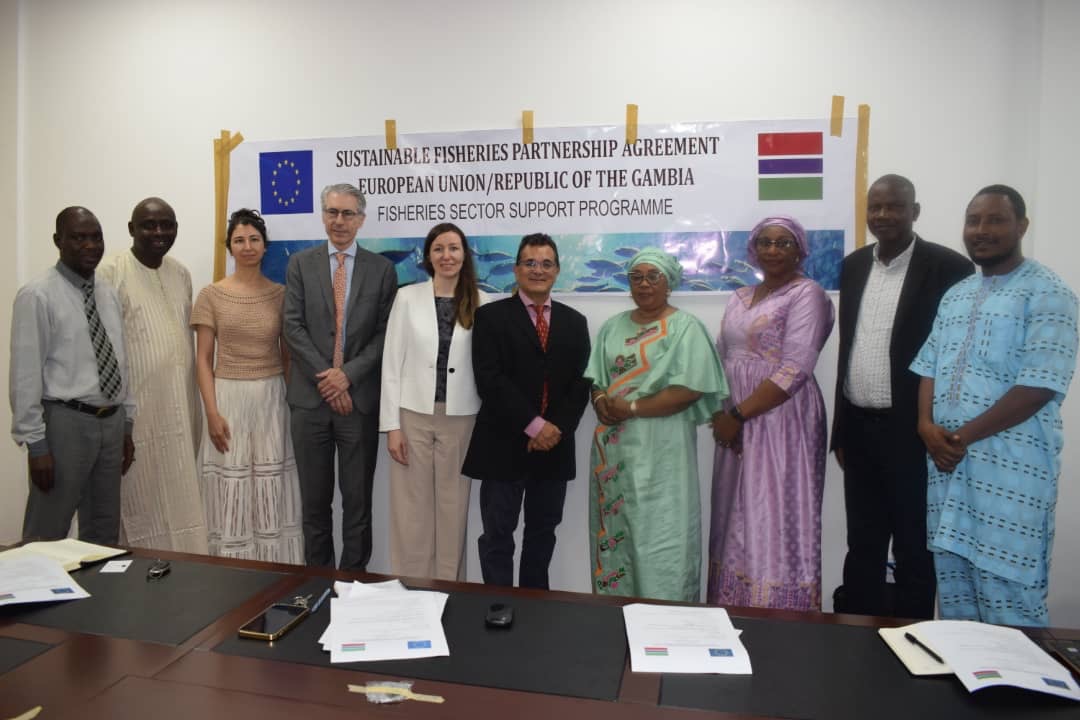The multi-stakeholder forums established at regional level called the Sustainable Land Management (SLM) members recently concluded a 3 days field monitoring of ANR projects and programs in the North Bank, Central River, Lower River and Upper River Regions.
The rationales behind the establishment of the SLM Forum at Regional level among other things are to strengthen the Monitoring and Evaluation system on ANR projects and programmes; provide an “on the job-training” to Regional stakeholders involved in SLM practices; and improve the capacity on planning and coordinating the Regional SLM work in order to react quickly and efficiently to weaknesses on SLM aspects.
The Regional Field Monitoring visits were supported by the Community- Based Sustainable Dryland Forest Management Project through Food and Agriculture Organization (FAO) of the United Nations.
According to a release from SLM’s office, the specific objective of the project is to reduce forest degradation in the northern part of the Gambia River through: Strengthening policy and institutional capacity for sustainable dryland forest management, Community-based sustainable dryland forest management and rehabilitation, Project monitoring and evaluation and information dissemination.
According to the release, the Sites visited in the 4 Regions included intervention sites supported by the Agency for the Development of Women and Children (ADWAC), Department of Forestry and NACO alongside intervention sites of the Department on Agriculture on seed multiplications with sample farmers, Ecosystem- based Adaptation Project sites for Regional Central Tree Nurseries, rehabilitation of forest stations and Village Water Committees of the Department of Water Resources.
ADWAC support to target project beneficiaries include provision of metallic stoves and capacity building on the construction and use of Mud stoves in order to reduce the dependencies and use of fuel wood for cooking and heating range land establishment and conclusion of protocols or agreements on livestock tracks.
NACO tasks and support includes support to the functionality of SLM Regional Forums, creating economic activities for Community Forest Committees through the establishment of socially accepted and economically viable forest enterprises and support to the transformation of Community Forest Conflicts.
The DoF being the main Government Partner on the project provided technical forest management skills development for forest resource rehabilitation and facilitation of Community Forest Tenure transfers with the objectives of putting more forest areas under sustainable management in the project sites as enshrined on the Gambia Forest Management Concept (GFMC).
The Forum members agreed on key areas which needs to be strengthened which includes, the facilitation of forest tenure transfers, speedy conclusion of grazing agreements in collaboration with the Department of Livestock Services, distribution of more metallic stoves to vulnerable women, training of women groups in the use and maintenance of Mud Stoves, reinforce bee baiting practices such that the imported bee hives could be colonized, provide business incubation support to Community- Based Enterprises and strategic alliance among resource partners/ projects and Government Agencies on SLM to reduce duplication of resources and efforts at Regional level.
JUDGES PUBLISH FINAL LIST OF AWARD NOMINEES, FOUR DISQUALIFIED
The Panel of Judges for the National Journalism Awards on Thursday, October 8th at 10pm published the final list of nominees that will proceed to the finals of the 2020 awards.
Out of the 33 stories that made it at the preliminary nominations, three were found to have missed some key criteria and therefore disqualified.
“These stories were not dropped due to substantive contents, rather, some new information emerged after a thorough review of all shortlisted nominations leading to their disqualification,” Chairperson of the Panel of Judges, Mrs. Fatim Badjie-Sinyan said.
A key challenge faced by the judges this year is that they did not conduct their work physically as done in past years due to Covid-19 restrictions. They had to work very hard to assess all the over 200 submissions online.
A review of bids to broadcast the virtual event by the Communications sub Committee also saw Eye Africa TV emerge as winner of the tender process. They will begin work tomorrow Monday into final preparations for the event on October 24th, at the Kairaba International Conference Centre.
Every effort has been made to maintain a credible vetting process for the maintenance of public trust and confidence in the competitiveness of the National Journalism Awards.
Yours faithfully
Demba Ali Jawo
Chairperson, National Journalism Awards Committee





